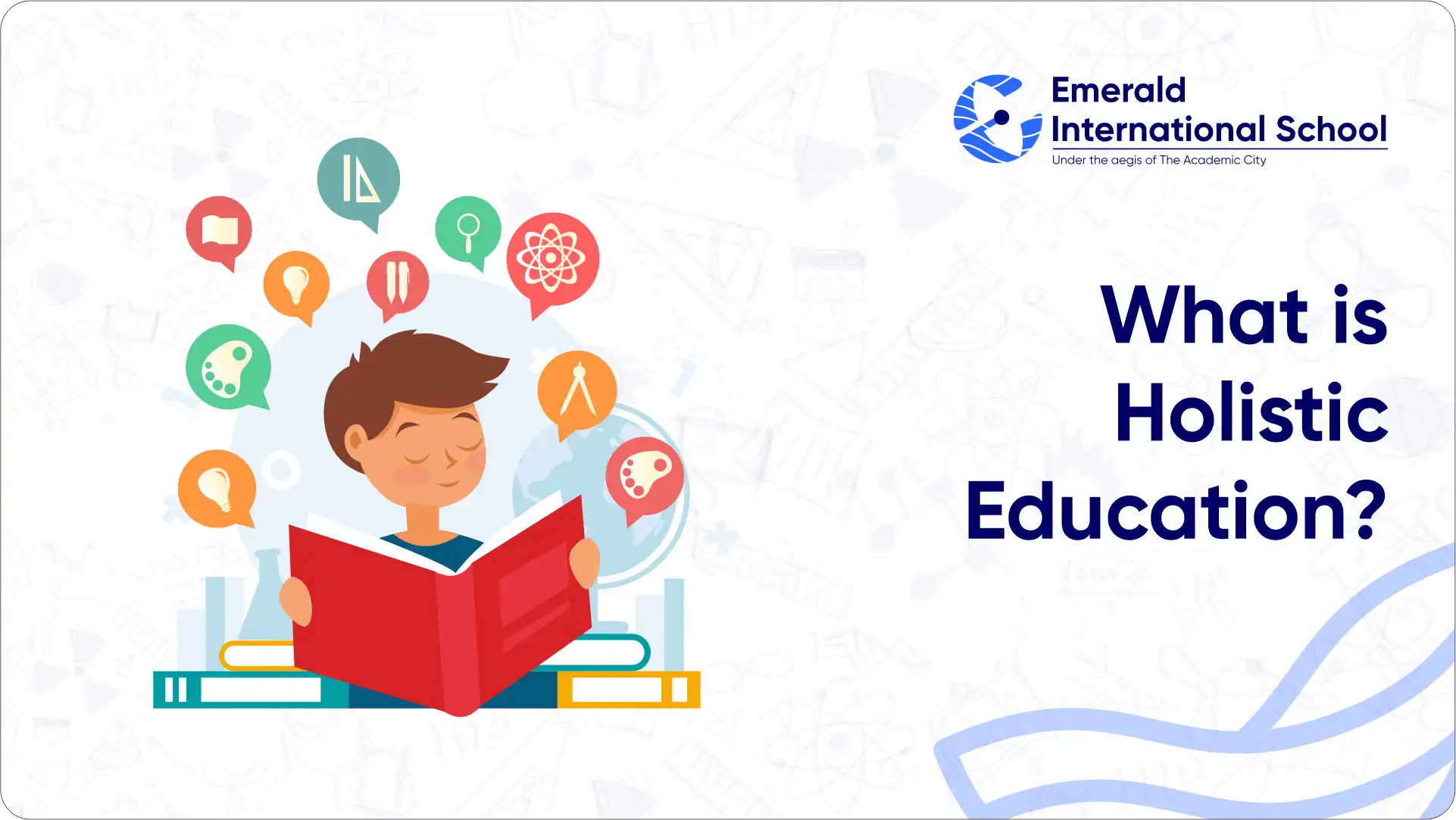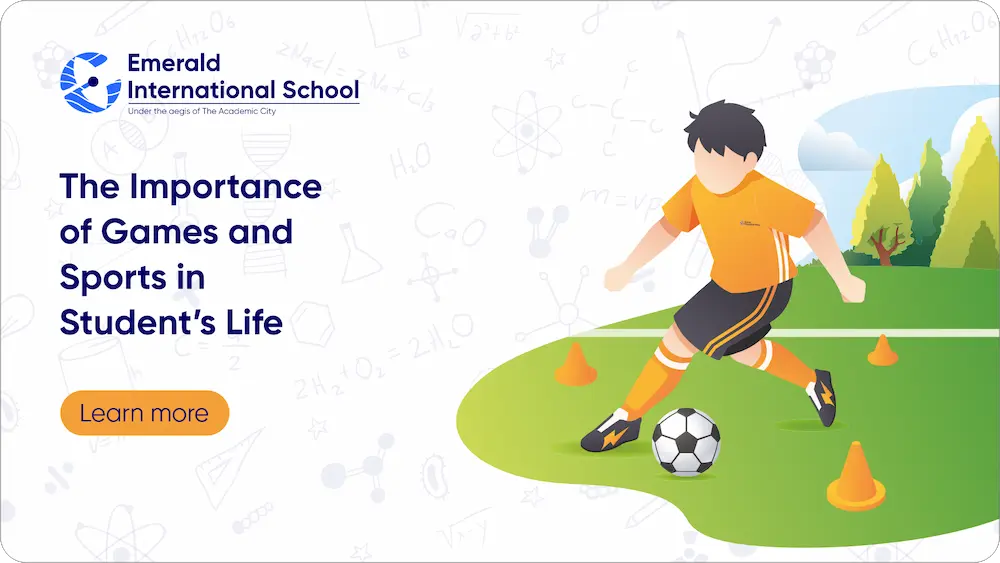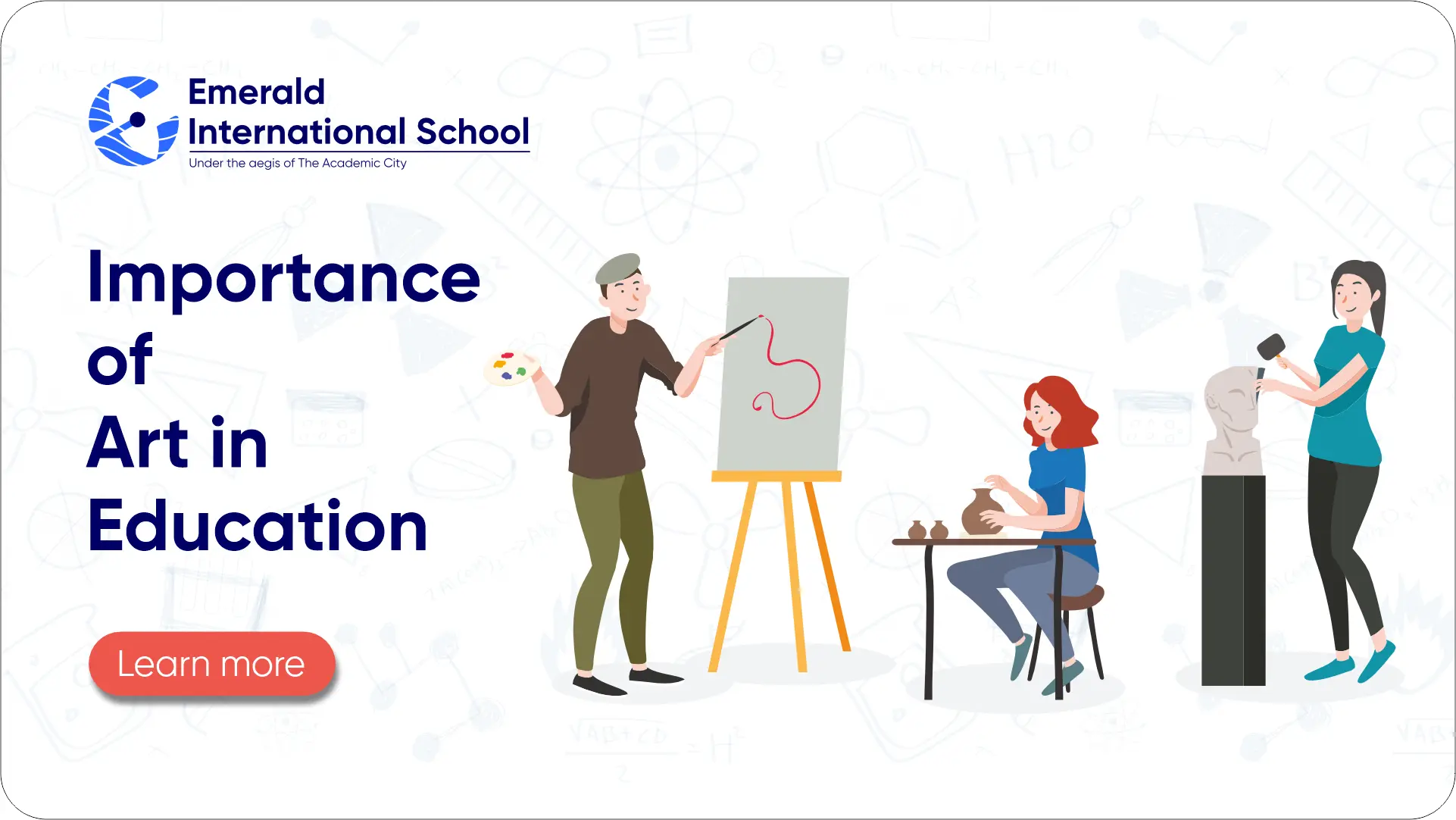CBSE Vs State syllabus – which board is best for NEET preparation?
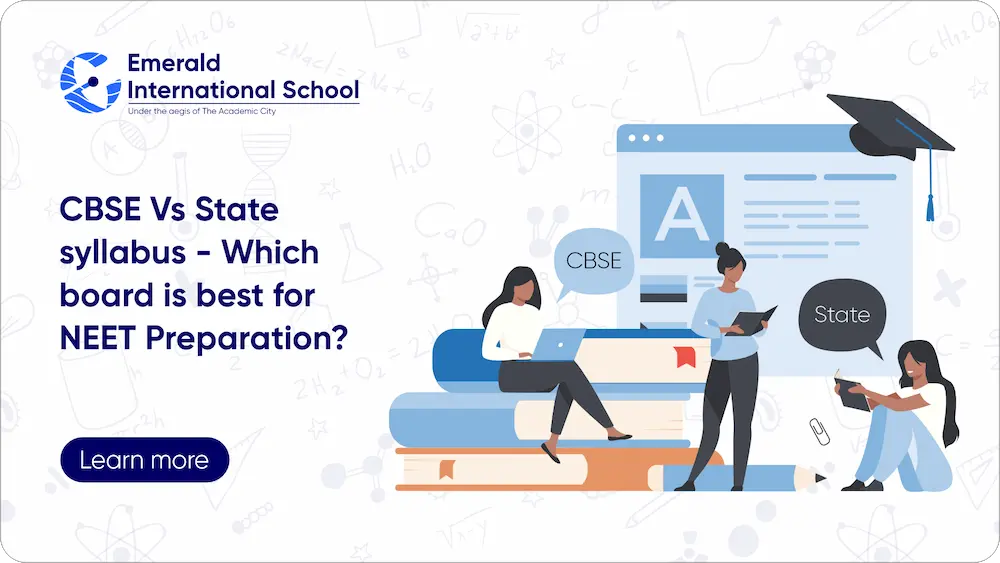
Introduction
NEET stands for National Eligibility Cum Entrance Test. Earlier, it was called the All India Pre-Medical Test (AIPMT). NEET is a pre-medical exam that a student has to pass to qualify to pursue MBBS or BDS in government or private institutions in India or abroad. Without qualifying for NEET, no government or private medical college will allot a seat. Qualifying for NEET is also necessary for pursuing a medical degree in Ayurveda, homeopathy, or veterinary sciences. Even if one chooses to pursue a medical degree abroad, qualifying for the NEET exam is necessary if such a person wants to practice medicine in India in the future.
NEET exam is conducted by the central government body called the National Testing Agency (NTA), which comes under the Ministry of Education (MoE)
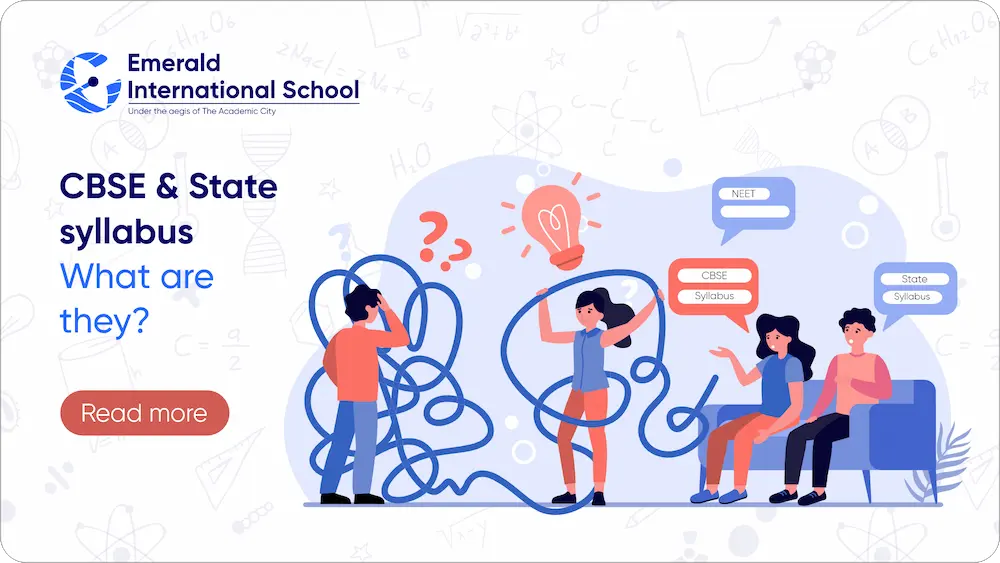
CBSE and State syllabus - what are they?
The Central Board of Secondary Education (CBSE) is the only national-level board regulated and managed by the central government of India. Other boards, such as ICSE, IGCSE, or IB, are private or international boards and are not directly governed by the central government of India. NCERT is another government body that publishes textbooks for the CBSE syllabus that is mandatorily followed by all CBSE-affiliated schools.
On the other hand, state boards come under the state education department and are responsible for conducting 10th and 12th grade exams at state board-affiliated schools and colleges. Every state in India has a state board, and there are more than 25 such boards. They teach the state syllabus prescribed by respective education departments and have a special focus on regional language, culture, and affairs.
CBSE Vs State syllabus – Which is best for NEET?
- Syllabus – CBSE is the only national-level board regulated and managed by the central government of India. The National Testing Agency (NTA) conducts the NEET exam. Both CBSE and NTA come under the Ministry of Education. Thus, they are in tune with each other. The topics that appear in the NEET exam are based on the CBSE syllabus. On the other hand, the syllabus of the state board is framed by the education departments of the respective states and thus is not in perfect alignment with the NEET exam.
-
Textbooks – CBSE schools must mandatorily follow NCERT textbooks, which are
the best
source of preparation for the NEET exam. Many questions that appear in the NEET exam
can be traced back to NCERT books line by line.
A state board or pre-university board school has the freedom to choose textbooks of different authors and publishers and thus may not be in alignment with the NEET syllabus
As a result of this difference, NEET aspirants who take up state board exams for 11th and 12th grade may have to study multiple books for different exams, which leads to confusion and a waste of time. However, a NEET aspirant in CBSE School has to study only NCERT books and nothing beyond that. - Practical orientation – CBSE is a board that gives more weight to practical and real-life application-oriented syllabuses, thus making preparation easy for the NEET exam. State board syllabuses may not have this advantage.
- Alignment with NEET syllabus – As both the NEET exam syllabus and CBSE syllabus are framed by the central government bodies, they are in perfect alignment with each other. A thorough study of NCERT physics, chemistry, and biology textbooks prepares a student well for the NEET exam. Thus, NEET and CBSE are in perfect alignment with each other
- Regional language – A CBSE student has to study the English language along with physics, chemistry, biology, and an elective. However, certain state boards mandate students to study regional languages as well. For example, in Karnataka, a student has to study the Kannada language and pass the subject to get a 12th state board certificate. During the crucial years of 11th and 12th grade, studying an extra language can be a huge, unnecessary burden. Thus, CBSE is a better choice considering it necessitates the study of only one language, i.e., English.
Considering all the above points, CBSE is the best syllabus a student can study while simultaneously preparing for the NEET exam. In fact, allotment of medical seats in government and private colleges is based completely on NEET scores, and the student only needs to score an aggregate of 50% in board exams. Thus, for a NEET aspirant, studying the physics, chemistry, and biology syllabus from the NEET perspective becomes the top priority, and the CBSE syllabus best aids this purpose.
NEET preparation at EIS
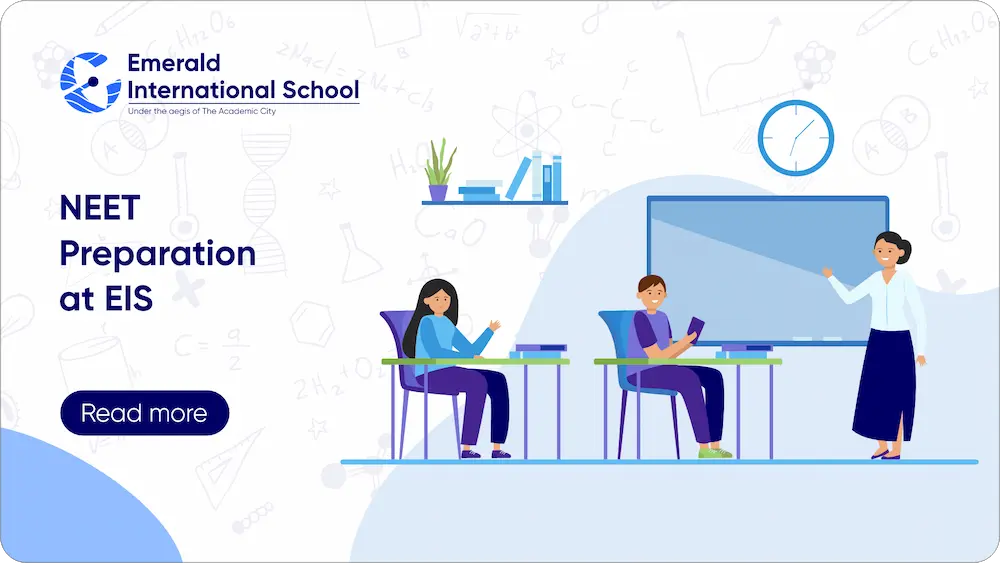
Away from the hustle and bustle of Bangalore city, nestled in the lap of nature, Emerald International School is a residential school that offers 2 years of orientation for NEET entrance exam preparation. Guidance for NEET is synchronized and the student’s learning is optimized. The infrastructure includes classes with audio-visual aid, laboratory facilities, a maker’s space, a library, sports facilities, a vegetarian kitchen, a hostel facility, and more within its campus.
Being a residential facility, gadgets are not allowed on the campus, thus cutting the student off from any unwanted distractions. The teacher and student live together on campus. Apart from regular class hours, evening study time is also monitored by teachers, keeping the environment strict and academically rigorous. With all facilities available on campus, the student saves a lot of time that would otherwise be wasted in traveling.The saved time is used for productive recreation in the form of sports and other activities available on campus.
The school provides a safe, secure, teacher-monitored and academically immersive ecosystem for students to prepare well and ace the NEET exam.
Conclusion:
11th and 12th grades are make-or-break years for students. A student will need not only good teachers and a great syllabus but also the right environment where their efforts can be optimized. Thus, choosing the right school with the right teachers and the right syllabus is of utmost importance.
We at Emerald International School encourage all our prospective parents to spend a day with us when they come in for an inquiry. They are encouraged to understand all the programs and activities of the school in detail, interact with teachers, go through extensive campus tours, interact with the principal, and get a firsthand experience of the school’s working model.
